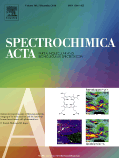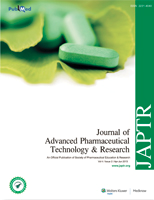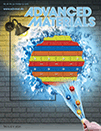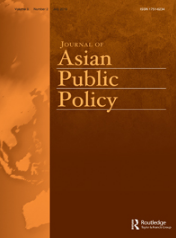
The adverse event that prompted the University of Illinois at Chicago to shutter three trials by a child psychiatrist occurred when one of the study subjects was hospitalized.
According to a 2013 letter obtained by Retraction Watch through a public records request, the subject was admitted to a 10-day inpatient treatment program after exhibiting an increase in irritability and aggression, which prompted researcher Mani Pavuluri to notify the university’s Institutional Review Board (IRB) in January of that year. As a result, the university halted three studies by Pavuluri, sent out letters to 350 research subjects, and launched a misconduct inquiry.
Here’s how the document describes the event (with some details blacked out): Continue reading Hospitalization of participant in child psych study prompted misconduct inquiry: Letter







